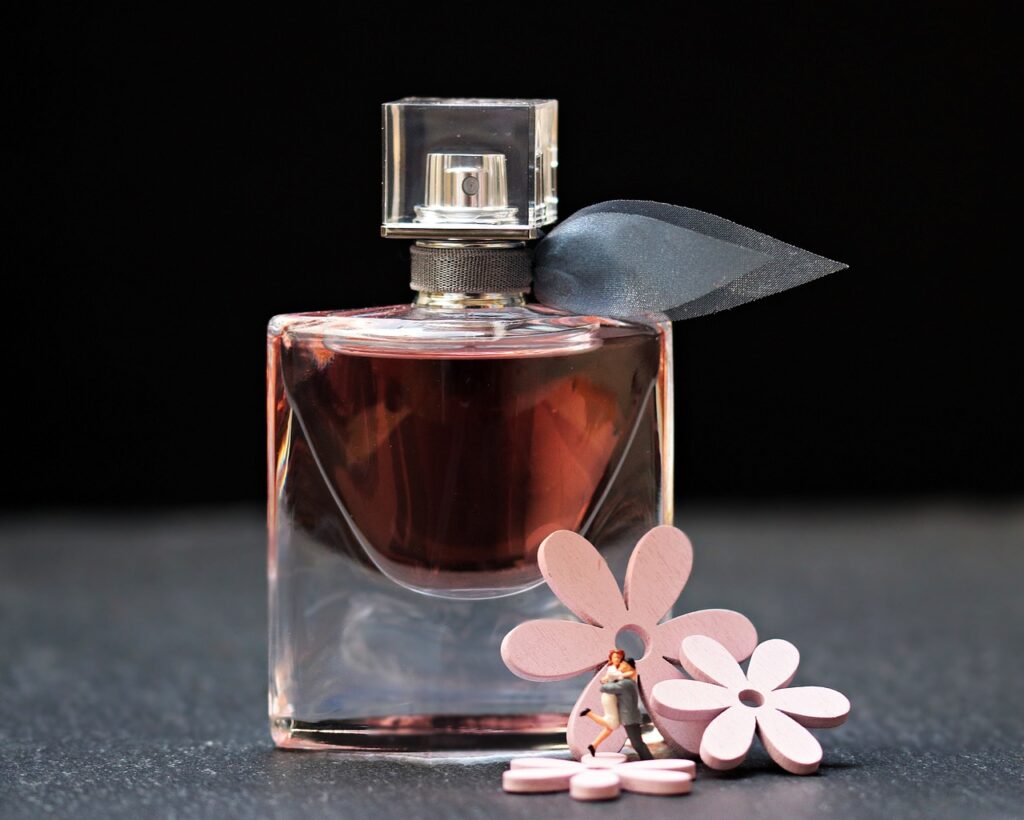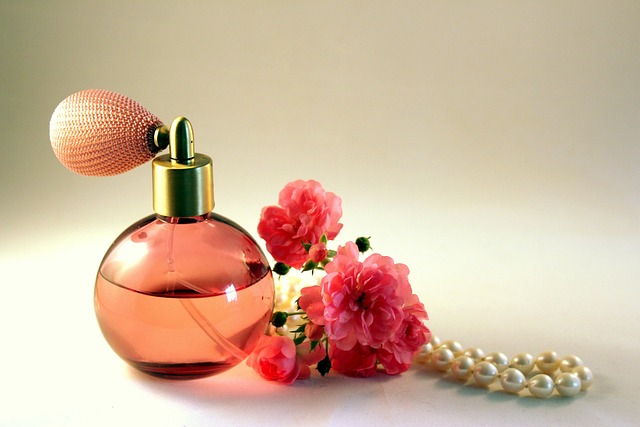The Intricacies of Perfume: Maceration vs. Maturation
The world of perfumery is vast and intricate. Two terms often come up when discussing the creation of fragrances: maceration and maturation. While they might sound similar, they play distinct roles in the perfume-making process.
Understanding Maceration
Maceration is the initial step in extracting fragrance from raw materials. It involves soaking materials like flowers, herbs, or spices in a solvent, typically alcohol. This process allows the solvent to absorb the essential oils and aromatic compounds from the materials. Over time, the solvent becomes infused with these scents, forming the base of the perfume.
Key Points about Maceration:
- It’s the primary method for extracting scents from raw materials.
- The process can last from a few days to several weeks.
- The choice of solvent, often alcohol, plays a crucial role in the outcome.
Diving into Maturation
After maceration, the perfume undergoes maturation. This phase allows the newly formed scent to stabilize and develop. During maturation, the perfume is stored in a cool, dark place, letting the different aromatic compounds meld together. This step can take anywhere from a few months to several years, depending on the desired outcome.
Key Points about Maturation:
- It’s the aging process of the perfume.
- The perfume’s scent evolves and becomes more refined.
- Longer maturation often results in a richer and more harmonious fragrance.
Why Both Processes are Essential
Maceration and maturation are both vital to the perfume-making process. While maceration extracts the initial scent, maturation refines and enhances it. Without one, the other would be incomplete. Together, they ensure that the final product is a well-rounded and captivating fragrance.
In Conclusion
The art of perfumery is a delicate balance of science and creativity. Maceration and maturation are two pivotal steps that transform raw materials into the enchanting fragrances we adore. By understanding the nuances between these processes, one can truly appreciate the craftsmanship behind every perfume bottle.


